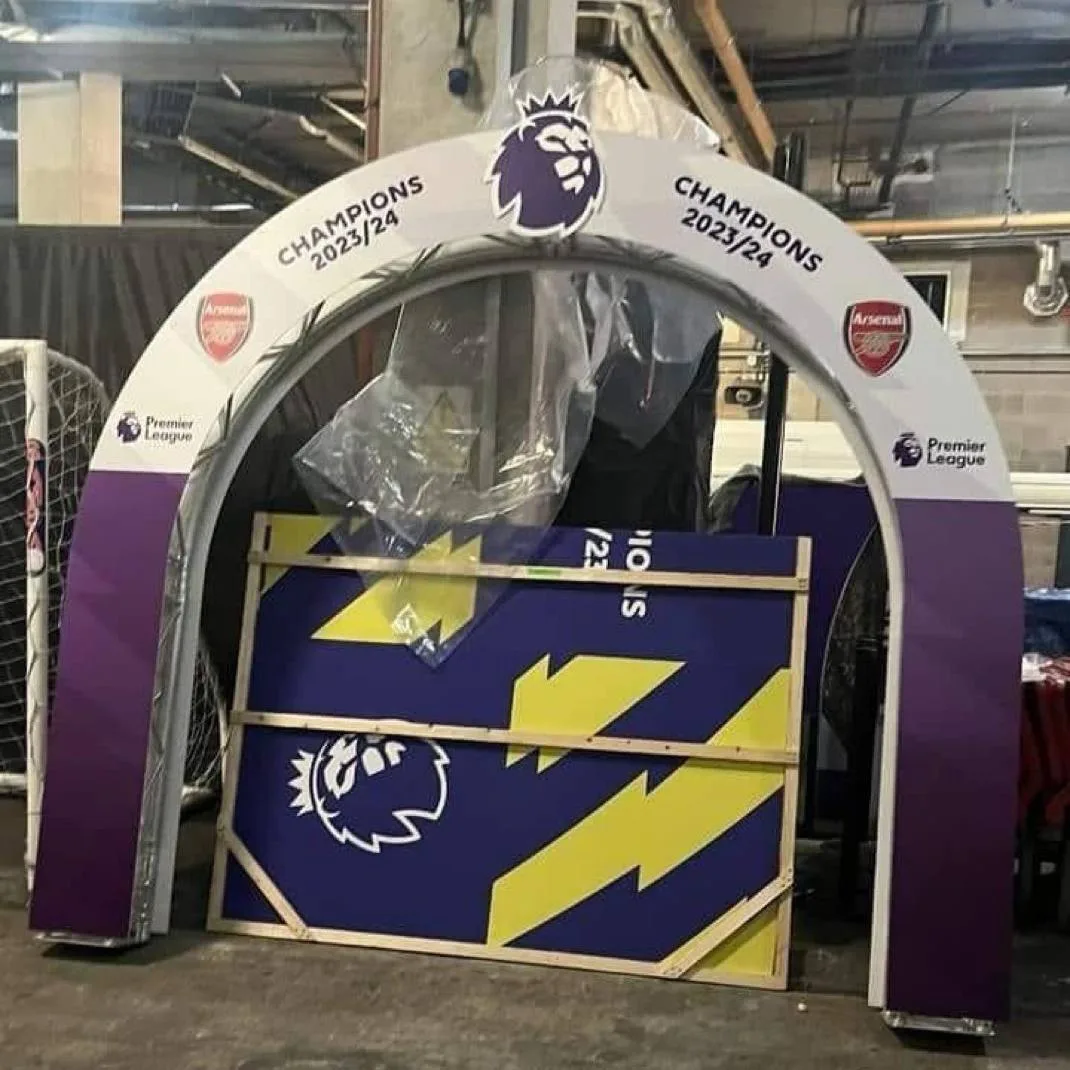In a groundbreaking move to enhance player safety and concussion management, the organizers of the 2024 Copa América have introduced a new rule that will utilize a “pink card” system. This system aims to provide teams with an additional substitute in matches when a player suffers a suspected head injury or concussion.
Rule Implementation:
The pink card rule requires the referee or fourth official to be notified immediately if a player is suspected of having suffered a head trauma or concussion. Upon notification, the official will brandish a pink card, signaling the implementation of the protocol.
Additional Substitute:
Following the display of a pink card, the affected team will be granted an additional substitute. This substitute can be used to replace the injured player who is suspected of having suffered a head injury or concussion.
Concussion Protocol:
The pink card system is part of a comprehensive concussion protocol that has been developed for the 2024 Copa América. The protocol includes:
• Mandatory removal of any player suspected of having suffered a concussion
• Assessment by a qualified medical professional on the sidelines
• Rest and observation for a period of at least 10 minutes
• Gradual return-to-play protocol if the player is cleared by the medical professional
Benefits of the Pink Card System:
The pink card system offers several benefits, including:
• Enhanced Player Safety: The system prioritizes player safety by ensuring that players with suspected head injuries are removed from the field promptly.
• Improved Concussion Management: The protocol provides a structured approach to concussion management, ensuring that players receive appropriate medical attention and rest.
• Fair Play: The additional substitute rule prevents teams from being penalized for removing a player with a suspected head injury.
• Increased Awareness: The pink card system raises awareness about the importance of concussion management in football.
Implementation Challenges:
While the pink card system has been praised for its potential benefits, there are also some implementation challenges to consider:
• Referee Discretion: The effectiveness of the system relies heavily on the referee’s judgment in identifying suspected head injuries.
• Simulation Concerns: There is a risk that players may simulate head injuries to gain an advantage by securing an additional substitute.
• Logistics: The system may require additional medical personnel and resources to ensure its proper implementation.
The introduction of the pink card system in the 2024 Copa América represents a significant step forward in promoting player safety and concussion management in football. While there are some implementation challenges to address, the potential benefits of the system outweigh the risks. By prioritizing player well-being, the organizers of the Copa América are setting an example for other football competitions to follow.





















